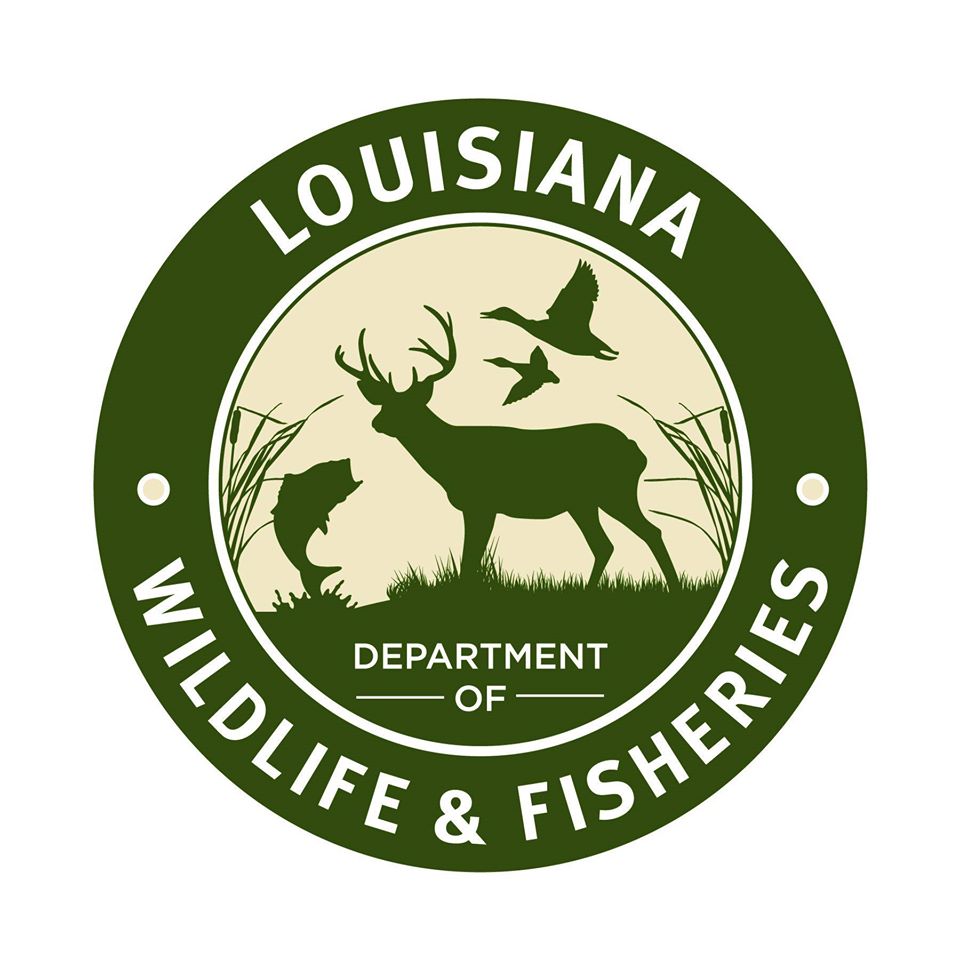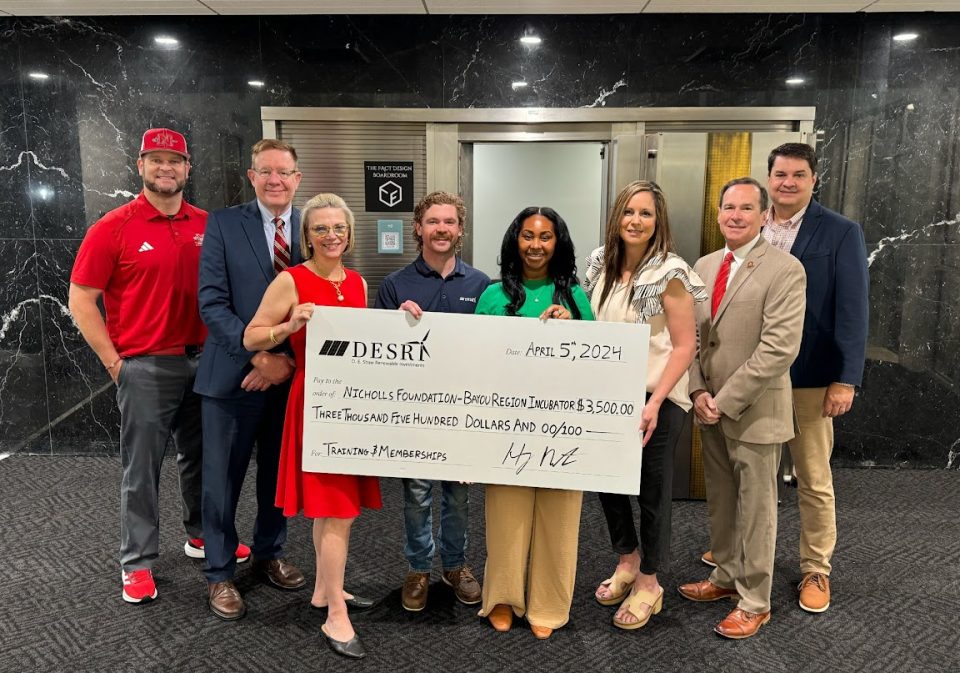
UPS driver cited after packages found in ditch
July 28, 2020
Gov. Edwards Calls on Congressional Delegation to Support COVID-19 Relief Aid to Save the Unemployment Insurance Trust Fund
July 28, 2020A Nicholls State University biology professor received nearly $150,000 to study diamondback terrapins and their influence on the Louisiana coast.
The Louisiana Board of Regents awarded Dr. Timothy Clay (MS ‘09), assistant professor of biological sciences, $149,681. The grant is part of the regents’ Research Competitiveness Subprogram.
Diamondback terrapins get their name from the diamond pattern on the top of their shell. They are the only turtles in the U.S. that live their entire lives in brackish water — a mix of freshwater and saltwater. Though they have habitats from Texas to Massachusetts, much of their history in Louisiana is unknown.
The 3-year grant will allow Dr. Clay and his students to conduct a long-term mark-and-recapture study. This method of marking, releasing and later counting the marks will allow for a population estimate. They will use that information to establish data such as population, sex ratio and annual survival rates.
Also, Dr. Clay’s research will look at the impact of the blue crab fishery on the diamondback terrapin. Commercial blue crab fishing is considered a top threat to the survival of the turtle. The research will estimate how often the turtles are caught and potentially killed in crab traps.
They also hope to learn if the turtles are using newly restored coastal areas, such as Queen Bess Island. The research will examine whether turtles are foraging, breeding or nesting in these coastal places.
“This research will involve students at different stages in their academic tenure, providing valuable research and mentoring experiences outside of the classroom for both undergraduates and graduates,” Dr. Clay said. “The proposed research is important because understanding single species in an ecosystem allows us to better understand the entire ecosystem. Here, we are looking at the salt marshes of coastal Louisiana, an area whose natural resources are intertwined with people in a socially and economically complex relationship.”




